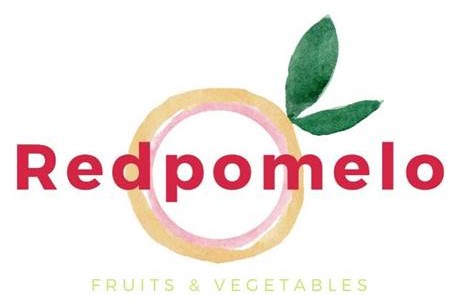Description
By containing significant amounts of potassium, but not sodium, they make it ideal for combating hypertension, eliminating fluids, and detoxifying the body. It is a vegetable rich in selenium, an essential mineral for reducing muscle fatigue, lowering stress levels and strengthening the immune system. Red cabbage nourishes us with sulfur compounds and gives us protection against infections by bacteria, viruses and fungi. Red cabbage is a good idea to include in the diets of people who suffer from respiratory conditions, colds and bronchitis. Cabbage sprouts also contain glutamines, amino acids that promote the formation of new tissues, regenerate the intestinal mucosa, prevent muscle loss and are powerful natural antacids. Other substances to highlight of the sprouted red cabbage are anthocyanins. It is these flavonoids that give cabbage its purple color. Anthocyanins have healthy properties for our body, ranging from the capillary protection of the retina and its protective role for sight, to its antioxidant and anti-aging power. Red cabbage is also an important source of folic acid, an essential nutrient in our diet and in pregnancy, since without it the neural tube of the fetus and its central nervous system would not form. It is an important source of vitamins C and A. We remember that its consumption in raw is ideal, since the heat destroys these vitamins. In smaller quantities, purple cabbage provides us with phosphorus, calcium, magnesium and iron in the diet. NUTRITIONAL INFORMATION 100 g Energetic value 78 kcal / 323 kj Fats 4.8 g Of which saturates 0.3 g Carbohydrates 1.5 g Of which sugars 1.2 g Dietary fiber 4.5 g Protein 4.9 g Salt 0.05 g




